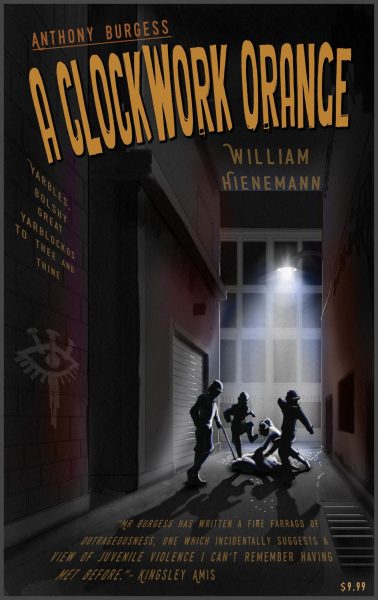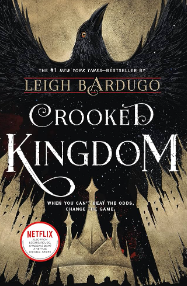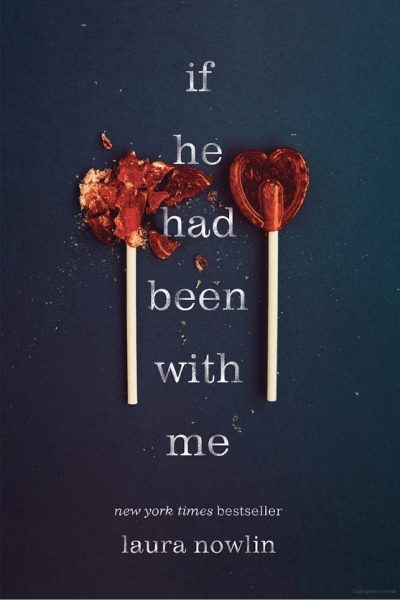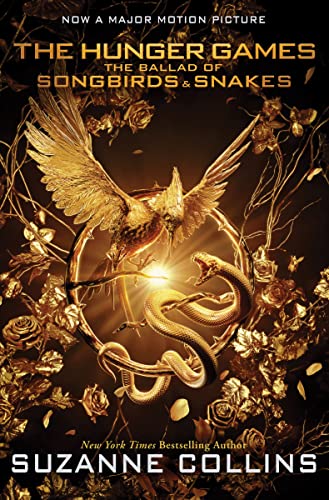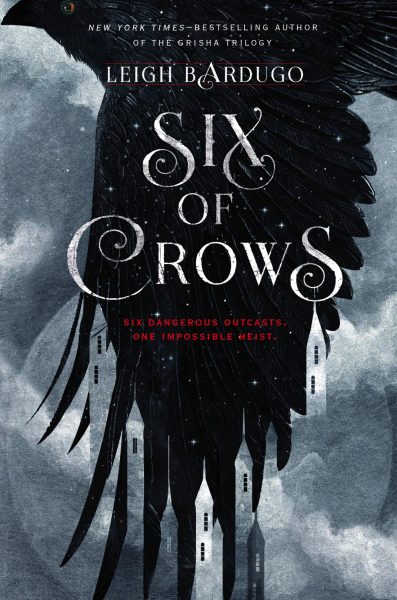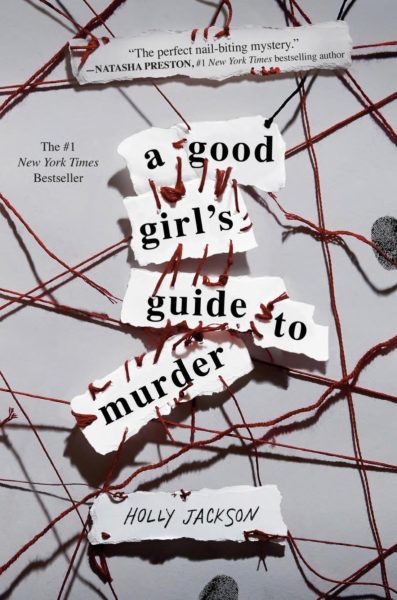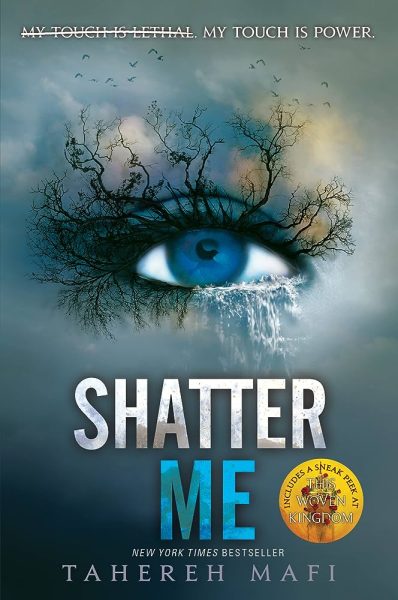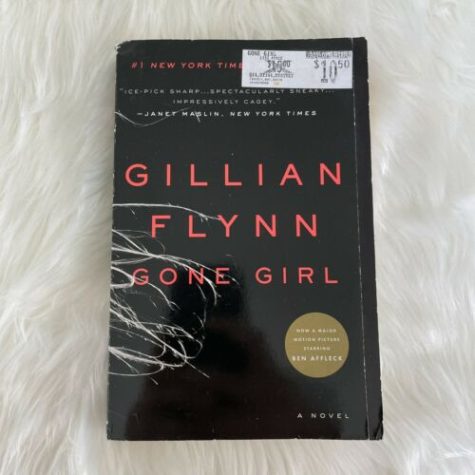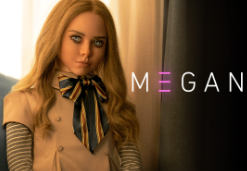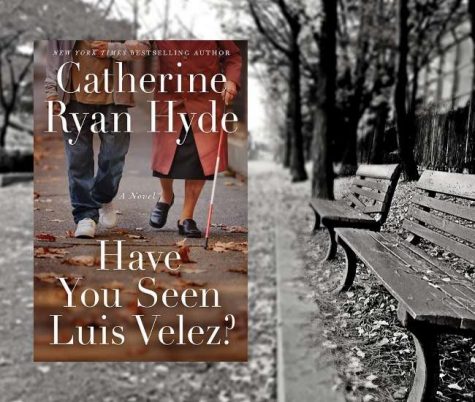Does “Don’t Worry Darling” Live Up to Its Expectations?
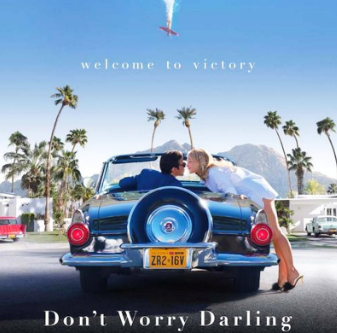
November 9, 2022
*SPOILERS!*
Don’t Worry Darling has been hailed as one of the most highly anticipated movies of this year. With a star-studded cast including Harry Styles, Florence Pugh, Chris Pine, Gemma Chan, and the director herself, Olivia Wilde, the movie brought a promise of breathtaking performances and an exciting theatrical experience. Although the film did deliver on this promise in some aspects, it fell short in a lot of places. Its permanent spot in the media due to off-screen drama and romances seemed to divert from the fact that at its core, it wasn’t anything amazing.
For a basic premise, the movie follows Alice and Jack, a happy couple living in what appears to be the 1950s in an isolated town called Victory. While in Victory, the husbands go out every day to work (although this “work” is never specifically described) and the wives stay home to clean, attend dance classes, shop, and cook for their husbands. As Alice goes through the motions of life in this stagnant town, she begins to notice small, abnormal details that make her begin to question her entire worldview.
One commendable piece of this movie was its cinematography. Wilde and the movie’s cinematographer, Matthew Libatique, do a great job making this movie visually appealing while serving a purpose. The clear, crisp scenes in Victory make the town look like an idyllic fantasyland, but the way that Libatique frames the houses makes the community seem too perfect. In many of the shots of Alice by herself, her loneliness seems to echo throughout the house, which is foreshadowing in its own way for the “big reveal”. Additionally, as Alice begins to realize that life in Victory isn’t as perfect as she once believed it to be, there are cuts from the bright, uniform scenes to deeper, much darker cut shots of synchronized dancers and cracked horror-style figures. This was a really interesting choice visually and helps to draw the audience in and make them feel that they are experiencing this breakdown alongside Alice.
Another piece of this movie that I really enjoyed was the soundtrack, and how Wilde used it as a vehicle to show Alice feeling out of place in her community. For the majority of the movie, upbeat 50s songs are used, giving the movie a light, carefree tone. The music used is the kind of music associated with parties, and idealized living. Towards the middle of the movie, Alice begins to remember a song that Jack once sang to her. The song comes back in fragments, first with Alice simply humming its tune, and then slowly remembering the lyrics. Jack’s song is much different from all of the other songs in the movie, being a much more slow, emotional piece. It doesn’t fit in with the rest of the movie and begins to draw Alice back to her real life.
This brings us to the twist or the “big reveal” that the movie is building up to the entire time. Alice slowly gains back the memories that she has been chasing during the film, and it is revealed that the Victory Project is an elaborate virtual reality simulation. In real life, although Jack and Alice were still together, their life isn’t nearly as perfect. Alice is a surgeon who works long hours at the hospital, and Jack begins to resent her for it. He decides to sign them both up for the Victory Project against her will, and erase her memories of her life outside the community.
Although the plot twist is very interesting, I feel it fell kind of flat. It’s very predictable and seems like the most basic twist to add to the movie. With all the intriguing buildup and small details added to the film, it felt that it was leading to something better than what the audience actually received. Additionally, once Alice figured out this information, she was able to escape with what felt like one of the most disappointing escape scenes I’ve seen in a long time. If Wilde would have been able to either showcase the twist in a more dramatic light or make the twist more intricate, the movie would’ve been much more enjoyable as a whole.
As for the acting in this movie, I have differing opinions. Florence Pugh gave a stellar performance, perfectly capturing Alice’s fear and madness, as well as her desperation to be listened to and understood. Chris Pine’s performance as the head of the Victory Project was also amazing. He portrayed a chilling character with the exact amount of charm that leaves the audience wondering if he’s a good guy, or simply covering up his sinister ways. Harry Styles, who plays Jack, although giving a great performance, doesn’t seem like the best choice for this role. He had the charisma necessary to fool the audience into thinking he wanted nothing but the best for his wife, but his popularity in the public mind made it hard while watching the film to envision him as anything other than Harry Styles. If anything, the movie seemed to purposely choose an actor with as much of a name as Styles to draw more attention to the film. Unfortunately, this decision to cast Styles may get initial views from fans, but it sacrifices the ability to rewatch the movie, as, after the first time when the subpar twist is revealed, there is no factor truly drawing audiences back to the film.
I believe that one of the main mistakes that the movie made was not using what it already had. One of the most interesting storylines, in my opinion, came from a character named Margaret, who was the first to warn Alice about Victory thus beginning Alice’s descent into insanity. Many of Margaret’s scenes were unfortunately cut from the film, despite the fact that they highlighted the characteristics of a very compelling character who added to the eeriness of the film. Another character that I felt wasn’t used enough was Shelley, the wife of Chris Pine’s Frank. At the end of the movie, Shelley kills her husband, and it is unclear whether her plans are to shut down the project or continue it under a new regime. I found her character really interesting, as she presented herself as a loyal housewife, but had ulterior motives. I believe that if Wilde would have developed these two characters and utilized their personalities to further her themes, the film would have been remarkable.
Ultimately, Don’t Worry Darling is definitely not a bad film. It showcases great cinematography and acting, and includes a variety of symbols to make every film lover go crazy. However, there were many places in which the movie could have been so much better. There were glaring shortcomings on behalf of the creative team that, if remedied, would’ve increased the support of the film substantially.
